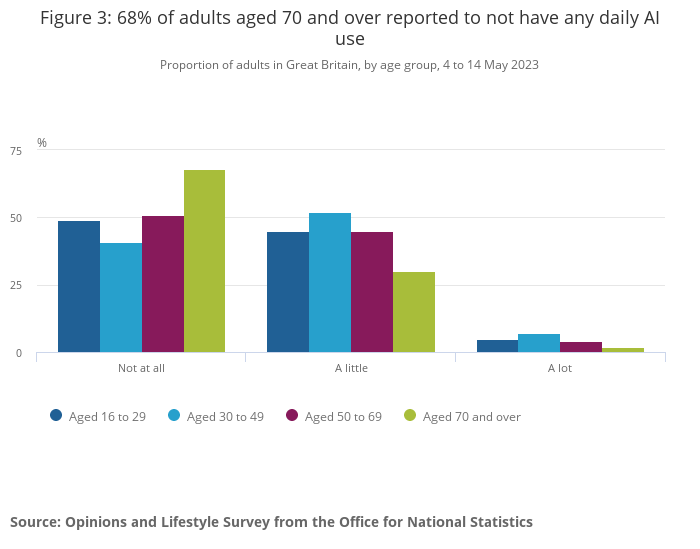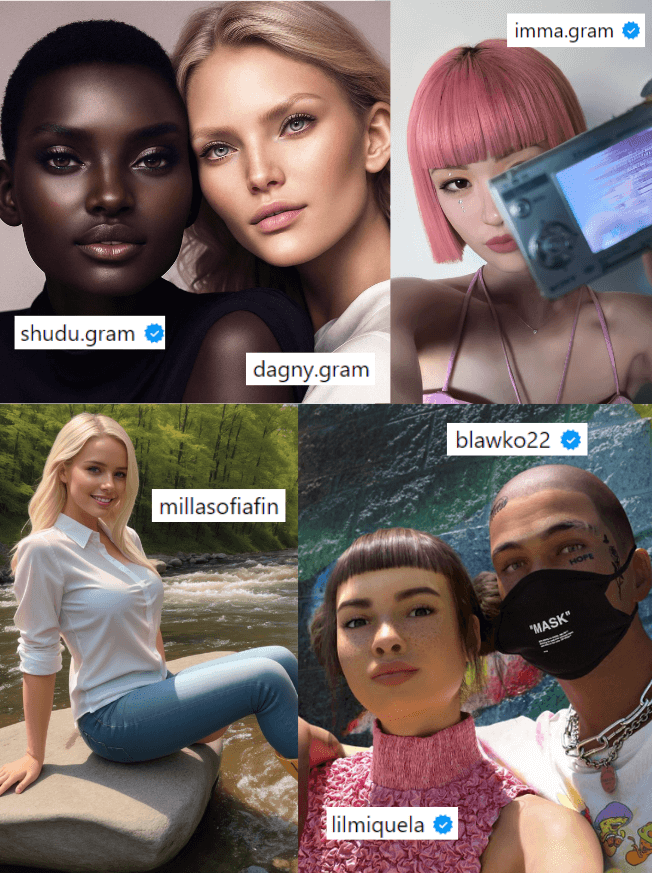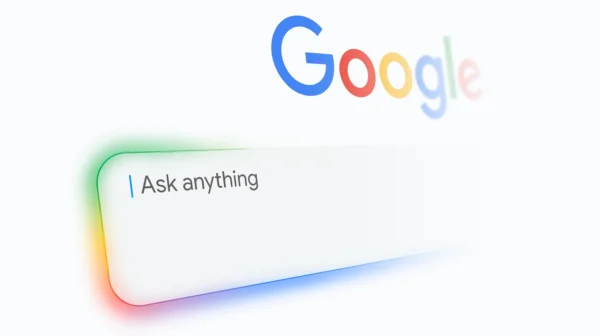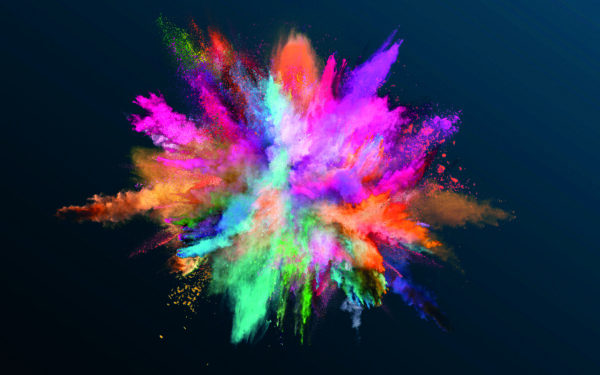Artificial Intelligence … Revolution or Revamp?
What is AI and why is it #trending?
The term ‘AI revolution’ was first coined by, the founder and executive chairman of the World Economic Forum, Klaus Schwab in his 2016 book ‘The Fourth Industrial Revolution’. The first industrial revolution, starting in the late 18th century, pioneered machinery in factories. The second industrial revolution, around a century later, introduced electricity and telecommunications. More recently, the rise of computers and the internet marked the third industrial revolution (aka the digital revolution).
The term ‘AI revolution’ and with ChatGPT launching in November 2022, making a generative AI language model easily accessible to the public, has resulted in a worldwide moral panic. Science fiction has now become non-fiction. Governments are being urged to regulate how we use artificial intelligence and in March 2023 the UK government decided to take a pro-innovation approach to regulation. This means the government will help the UK harness the opportunities and benefits that AI brings, to build public trust in AI and strengthen the UK’s position as a global leader in it.
Revolution or Revamp?
While AI may be following in the industrial revolution’s footsteps, a revolution doesn’t happen unless the majority of people get behind it. There are thousands of AI tools available on the internet but with only 5% of people using AI ‘a lot’, according to the Office for National Statistics, it’s unlikely this revolution will happen in our working lives. Even the industrial revolution took place over an 80-year period.

The AI revolution is also halted because humans are creatures of habit. We like to stick to what we know. For example, AI has the capability to make us more efficient by doing our admin work, such as taking meeting notes. But this is hardly incorporate into our everyday working lives. It’s easier to continue taking our own notes as we have always done. We also don’t necessarily trust AI to do our work for us. What if a client says something very important and AI mishears/misinterprets or simply misses it? This is especially important to consider as GPT 4 has only been trained on data until 2021. Some users have reported AI recorded transcripts have misinterpreted discussions as it lacks two years worth of context to understand recent events.

Will AI replace marketing jobs?
While GPT 4 is only trained on data until September 2021, Open AI is currently looking to rectify that issue and we will be seeing updated versions of AI that are trained on everything we know.
AI is starting to make marketing jobs more difficult
Artificial Intelligence could make it even more difficult for search engine optimisation (SEO). Google’s Search Generative Experience (SGE) is a new AI-based take on navigating the internet. SGE uses AI to compile resources from multiple sources to generate a response, instead of providing links to human-created content as it does now. To even begin to see human designed content, you need to scroll past a whole page-worth of AI content. Research shows that 91% of searchers don’t scroll past page one, so SEOers will have even more to contend with and, as we know, ‘the best place to hide a dead body is page 2 of Google’.
AI is taking over influencer marketing, with the world of virtual influencers already estimated to be worth £3.5 billion and is estimated to grow 26% by 2025. Big brands can pay as much as £8,000 for a social media post from these AI-generated influencers. The removal of personal biases and potential controversies makes these influencers particularly appealing. With 60% of people following at least one virtual influencer, influencer marketing as we know it is changing.

AI always needs a human lens
While these examples may seem to threaten marketing jobs, AI can also aid our work. For example, you can create catchy headlines for articles and press release with Distinctly’s Headline Grabber. However, anything generated by AI always needs a human lens. Artificial Intelligence is just that – artificial. It’s trained on everything humans have put on the internet, but AI can’t currently differentiate between the good and the bad.
- AI can reflect the worst of humanity, such as being sexist and racist. For example, Amazon’s recruitment AI is biased toward women because it was built on data from CVs submitted mostly by male candidates.
- AI can lie. Called hallucinating, it can create documents, articles, and websites that don’t exist. In June 2023, two US lawyers were fined for submitting fake court citations from ChatGPT.
- Generative artificial intelligence may become worse over time. Like taking a photo of a photo, the more AI ingests its own content on the internet (cannibalism) the less it makes sense, which can result in more hallucinations and add to the plethora of #fakenews.
The rise of AI is both exciting and concerning and the launch of ChatGPT has made the use of artificial intelligence more accessible than ever before. However, human oversight is crucial and integrating it into our daily lives will take time.
Whilst we await the AI revolution, keep up to date on the latest AI developments and incorporate AI tools to revamp your workplace as AI isn’t coming for our jobs…not just yet anyway.


